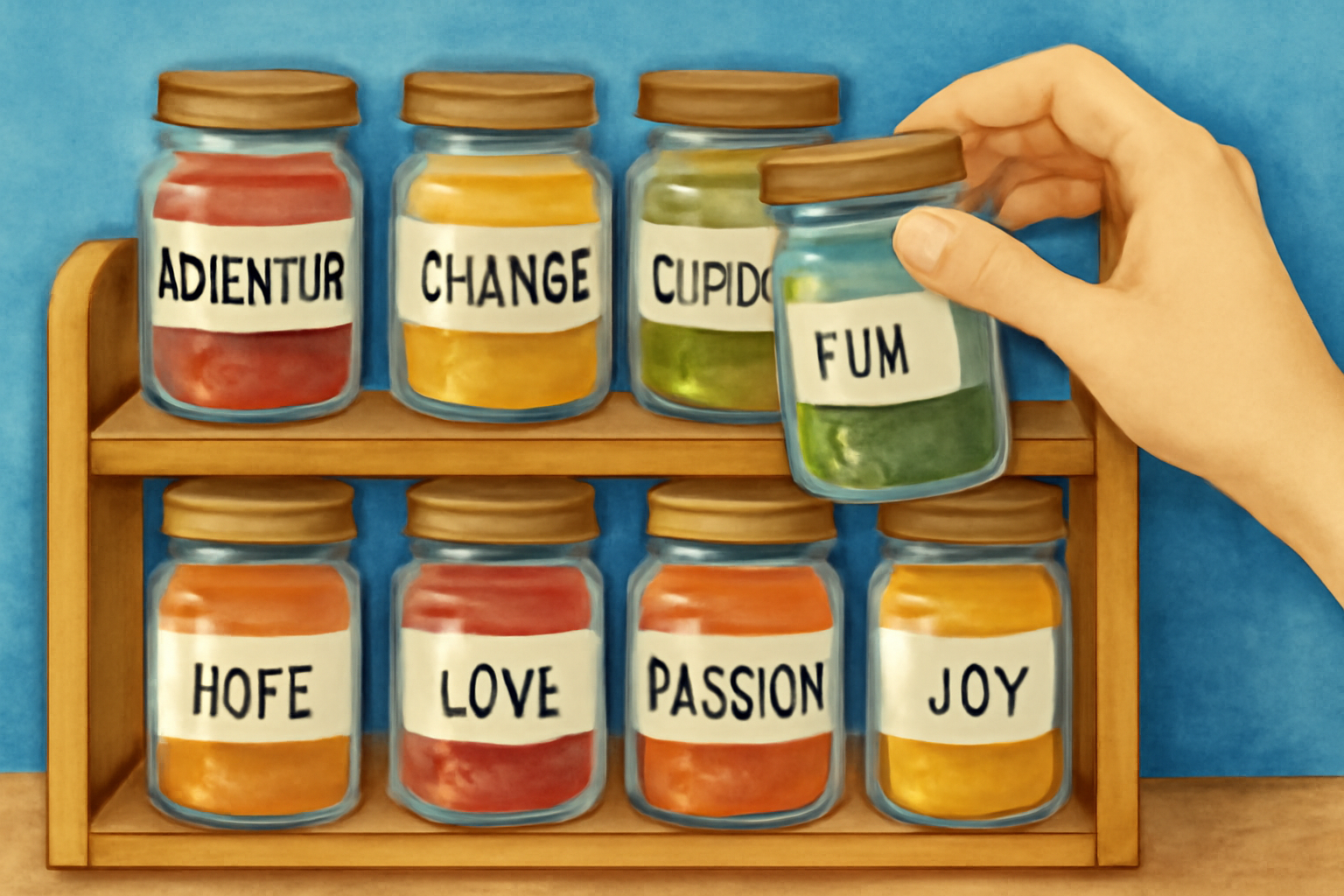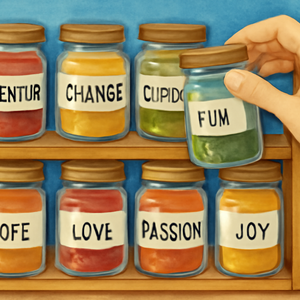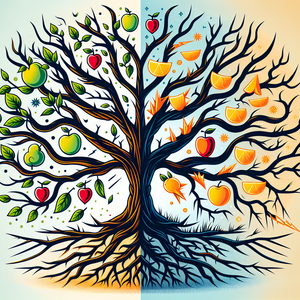Pop-Up Plant Sanctuaries in Urban Spaces: How Temporary Green Oases Transform City Life

Pop-up plant sanctuaries are exactly what they sound like: short-term installations that flood unexpected urban settings with lush greenery. Companies such as Emotional Support Plant Rentals (a leader in the field) work with property managers, transit authorities, and event organizers to curate spaces filled with mood-enhancing plants, sometimes tailored for specific emotional or mental well-being needs. What sets these sanctuaries apart is their impermanence and flexibility. Unlike permanent parks or rooftop gardens, pop-ups can be set up and taken down within days or weeks, offering a cost-effective and responsive way to inject nature into the city. Their temporary nature also creates a sense of novelty and excitement, encouraging engagement and making every installation feel like a special event.
Why Urban Spaces Need Pop-Up Greenery
Urban environments are notorious for their overstimulation: the constant barrage of traffic noise, crowded sidewalks, glaring lights, and digital screens. Extensive research has shown that even brief exposure to natural elements can lower stress hormones like cortisol, enhance mood, and restore attention. Yet, many city dwellers face barriers to accessing traditional green spaces—distance, time constraints, and limited mobility among them. Pop-up sanctuaries address this gap by bringing nature directly to where people spend their time—whether that's while commuting, working, or shopping. Their accessibility means that even the busiest urbanites can benefit from the calming presence of living plants during their daily routines. This approach is especially valuable in neighborhoods lacking parks or green infrastructure, democratizing access to the health benefits of nature.
Transformative Impacts: Real-World Examples
The impact of pop-up plant sanctuaries goes far beyond aesthetics. Consider these real-world examples: Tokyo: A busy train station corridor was transformed into a “green tunnel” lined with ferns, moss, and aromatic herbs. Commuters reported reduced stress and increased feelings of refreshment, while nearby businesses observed a more positive atmosphere and customer interactions. London: A coworking space introduced “Plant Pause Pods”—temporary lounges filled with rented palms, peace lilies, and pothos. Employees who used the pods during breaks reported improved concentration, reduced burnout, and greater workplace satisfaction during the installation period. New York: A shopping center hosted a pop-up plant sanctuary that quickly became a social hub. Strangers conversed amid the greenery, and local artists led meditation sessions, fostering a unique sense of community and shared experience. These installations demonstrate that pop-up sanctuaries don’t just beautify a space—they can reduce stress, boost productivity, and foster social connections.
The Science Behind the Green Effect
Plants do more than just look good. Scientific studies in environmental psychology have shown that even brief interactions with living greenery can lower heart rate and blood pressure, reduce anxiety, and elevate mood. Plants also improve indoor air quality by filtering toxins, increasing humidity, and dampening ambient noise—making spaces healthier and more comfortable. Interacting with plants—touching leaves, inhaling natural scents, or simply observing their intricate forms—engages our senses and promotes mindfulness, pulling us into the present moment and counteracting the mental fatigue of city life. This aligns with the growing trend of “emotional support plant rentals,” which curate plant selections for their specific mood-enhancing properties.
A Greener Vision for Urban Well-Being
With the documented benefits of pop-up plant sanctuaries, the trend is gaining traction among businesses, municipalities, and wellness organizations. Plant rental companies are innovating with concepts such as “mobile jungles” that rotate between office buildings and interactive green art installations in public plazas. Some cities are integrating regular pop-up green events into their wellness initiatives, recognizing their role in combatting urban stress and fostering social cohesion. While each sanctuary is temporary, the shift in mindset can be lasting. These fleeting installations remind city dwellers of humanity’s innate connection with nature—a relationship that modern urban life too often neglects.
Pop-up plant sanctuaries are more than a passing fad or decorative flourish—they are a creative, accessible solution to the challenges of urban living. By transforming everyday spaces into temporary green retreats, these installations give city dwellers the chance to breathe easier, reconnect with nature, and rediscover moments of calm amid the chaos. As cities continue to expand and densify, the path to a healthier, happier urban future may be paved not just with concrete and steel, but with living, breathing greenery—one pop-up at a time.
Urban Greening Project Manager
Plant rental companies (e.g., Emotional Support Plant Rentals), landscape architecture firms, urban wellness startups
Responsibilities
Leads the planning, coordination, and execution of temporary green installations in urban environments (e.g., offices, transit hubs, shopping centers).
Manages cross-functional teams including horticulturists, designers, logistics staff, and client stakeholders to ensure seamless setup and takedown.
Oversees budgeting, vendor selection, risk management, and compliance with local regulations (permits, safety).
Required Skills
Project management (PMP or similar credential preferred)
Experience with fast-paced event logistics
Strong communication and negotiation skills
Background in urban planning or landscape design is a plus
Biophilic Interior Designer
Interior design firms, plant rental services, coworking space operators, event production companies
Responsibilities
Designs temporary and semi-permanent interiors that integrate living plants for emotional and sensory impact in commercial or public spaces.
Selects plant species for light, maintenance, and psychological effects; collaborates with plant suppliers and fabricators to create modular, portable designs.
Advises clients on the placement, care, and user interaction with plant installations to maximize well-being and engagement.
Required Skills
Proficiency in CAD software and 3D visualization
Knowledge of horticulture and environmental psychology
Portfolio with commercial green installations
Horticultural Technician – Pop-Up Installations
Plant rental agencies, urban event organizers, botanical service providers
Responsibilities
Executes the setup, maintenance, and dismantling of large-scale, short-term plant displays in high-traffic city locations.
Monitors plant health, manages irrigation and lighting systems, and troubleshoots issues (e.g., pest outbreaks, plant stress) on tight timelines.
Provides on-site education or briefings to staff and visitors, ensuring plant care and interaction guidelines are followed.
Required Skills
Hands-on horticultural experience (certificate or degree preferred)
Ability to work flexible and nontraditional hours
Problem-solving under pressure
Physical stamina
Wellness Program Coordinator (Urban Green Initiatives)
Corporate wellness providers, HR departments, municipal wellness programs, nonprofit organizations
Responsibilities
Develops and runs wellness programs leveraging temporary plant sanctuaries to enhance employee or community well-being.
Designs activities such as guided mindfulness sessions, green breaks, and educational workshops centered around pop-up plant installations.
Collects data on participant engagement and wellness outcomes; prepares reports for sponsors or city agencies.
Required Skills
Background in health promotion, psychology, or occupational wellness
Event planning experience
Strong interpersonal and facilitation skills
Familiarity with biophilic design principles is a plus
Environmental Psychology Research Associate (Urban Nature Interventions)
Universities, research institutes, public health agencies, consultancy firms specializing in urban design
Responsibilities
Conducts field studies on the impact of temporary green installations on urban populations, measuring stress, mood, social interaction, and cognitive performance.
Designs research protocols, collects biometric and survey data, and analyzes results for publication or policy recommendation.
Collaborates with city planners, plant rental firms, and academic partners to translate findings into practical urban wellness strategies.
Required Skills
Advanced degree (MA/MS or PhD) in psychology, public health, or environmental studies
Experience with experimental design and statistical analysis
Strong written and verbal communication for diverse audiences


